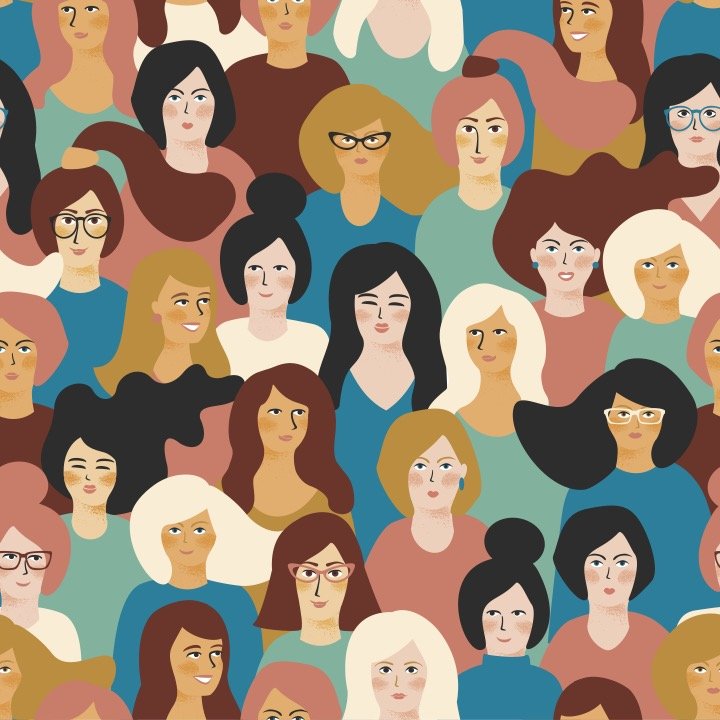Key points:
- International Women’s Day (March 8) celebrates women’s achievements and emphasizes ongoing gender equality efforts.
- COVID-19 has disproportionately impacted women, particularly mothers, causing mental health strain and leaving the workforce.
- Kinedu’s partnership with Dr. Phil Fisher revealed pandemic’s effects, including financial worries and increased conflicts.
- Collective efforts are crucial to support mothers and ensure equitable access to childcare and essential services.
March 8 is International Women’s Day, a day meant to celebrate the achievements of women while highlighting the ongoing fight for women’s rights.
It’s no secret that COVID-19 has pushed women–especially mothers–to the edge. In the United States, the number of new mothers reporting anxiety and depression has tripled during the pandemic and more than 2 million have left the workforce, many due to a lack of childcare or schooling. With more than a year into the pandemic, COVID-19 has exposed a dynamic we already knew to be true: more often than not, the majority of household work and child-rearing falls to women.
In April of 2020, Kinedu partnered with Dr. Phil Fisher, psychology professor at the University of Oregon, to study the impact of the pandemic on families’ wellbeing. We wanted to a) support important research during such a historic time and b) better understand how quarantine is affecting you and your families.
More than 500 Kinedu families participated in the survey and helped contribute to one of the largest, ongoing studies on pandemic parenting to date. Although not exclusively focused on mothers, the study–the Rapid Assessment of Pandemic Impact on Development -Early Childhood (RAPID-EC)–gives us a window into how parents are coping with the economic, social, and health challenges brought on by COVID-19. In their research, which included thousands of parents in the United States, Dr. Fisher and his team found:
- 42% of households are worried about paying for at least one basic need like food, rent or utilities.
- Single parents, the majority of whom are women, report higher levels of emotional distress than other caregivers with young children.
- 70.3% of caregivers in households with children with disabilities report experiencing anxiety compared to 40.2% of caregivers in households with children without disabilities.
- Spousal conflict, parent-child conflict and conflict overall have all increased significantly since before the pandemic (31.3%, 56.4%, and 58.4% respectively).
- Black and Latino families are experiencing the highest rates of anticipated difficulty paying for basic needs.
- 28% of families with young children surveyed have missed a wellness visit.
Knowing that families, especially mothers, are experiencing high rates of stress and anxiety, where do we go next? Here at Kinedu we’re doing our best to meet the needs of families: we gave free Premium access to all users last March, cut the cost of our subscriptions, shared the latest COVID-19 research, and partnered with the University of Oregon to offer virtual one-on-one support to families. But there’s always more to be done. We’re continuing to evaluate how we can support families, especially mothers. If you have any ideas or if you are interested in partnering with us, please email us at inclusion@cristyu.com.
Women shouldn’t have to bear the brunt of this pandemic alone. Ultimately, it’s up to policy makers, to partners, and to employers to offer equitable access to childcare and increase access to essential services.
To learn more about the RAPID-EC study, visit https://www.uorapidresponse.com/. If you are located in the United States and would like to participate in the RAPID-EC study, email uorapidec@uoregon.edu.








